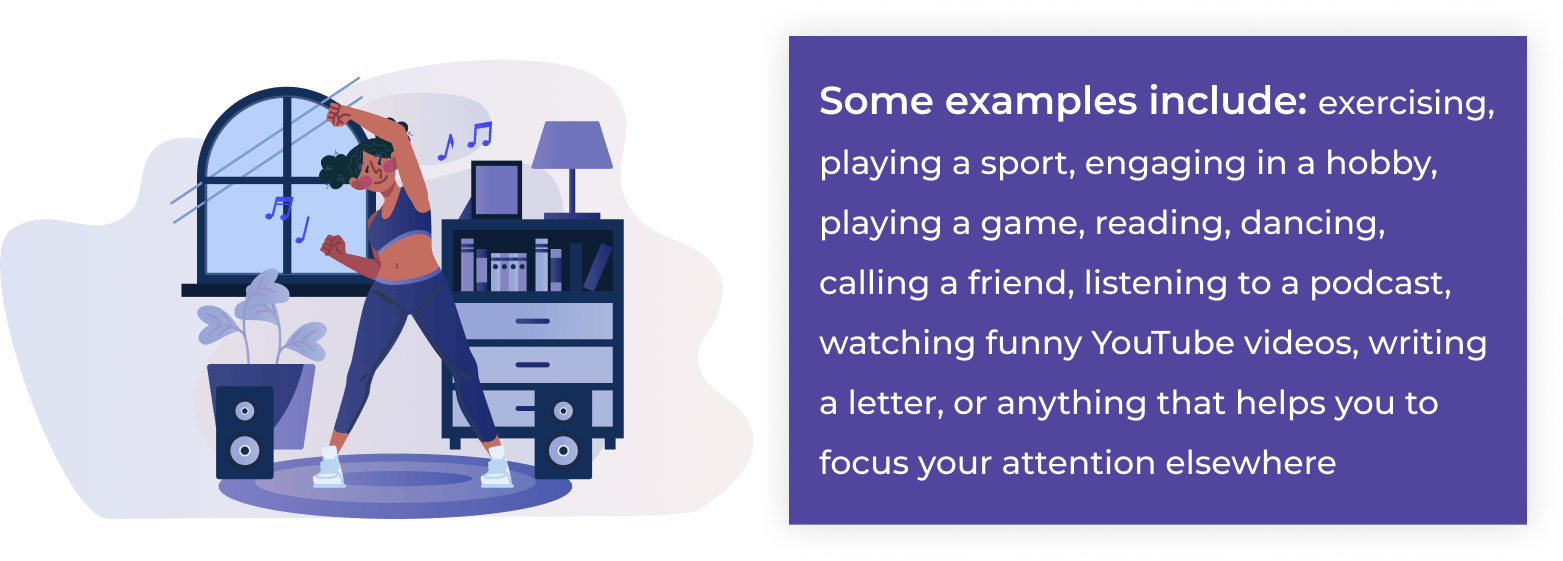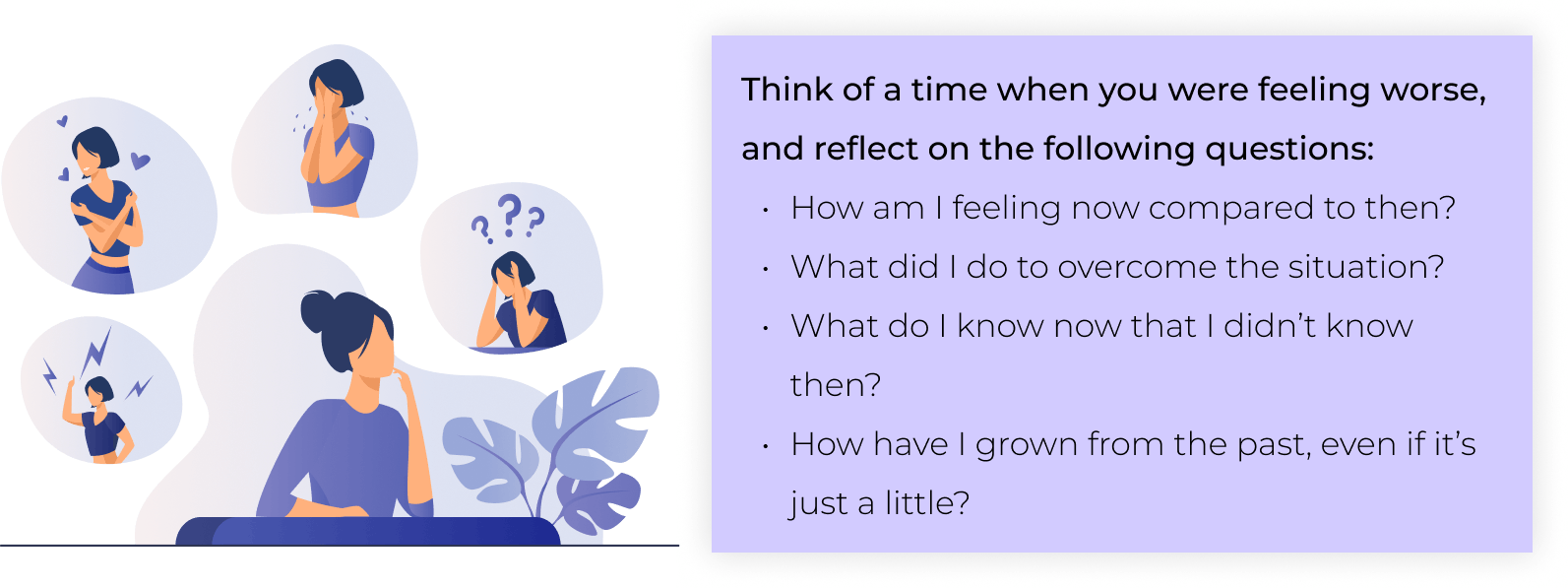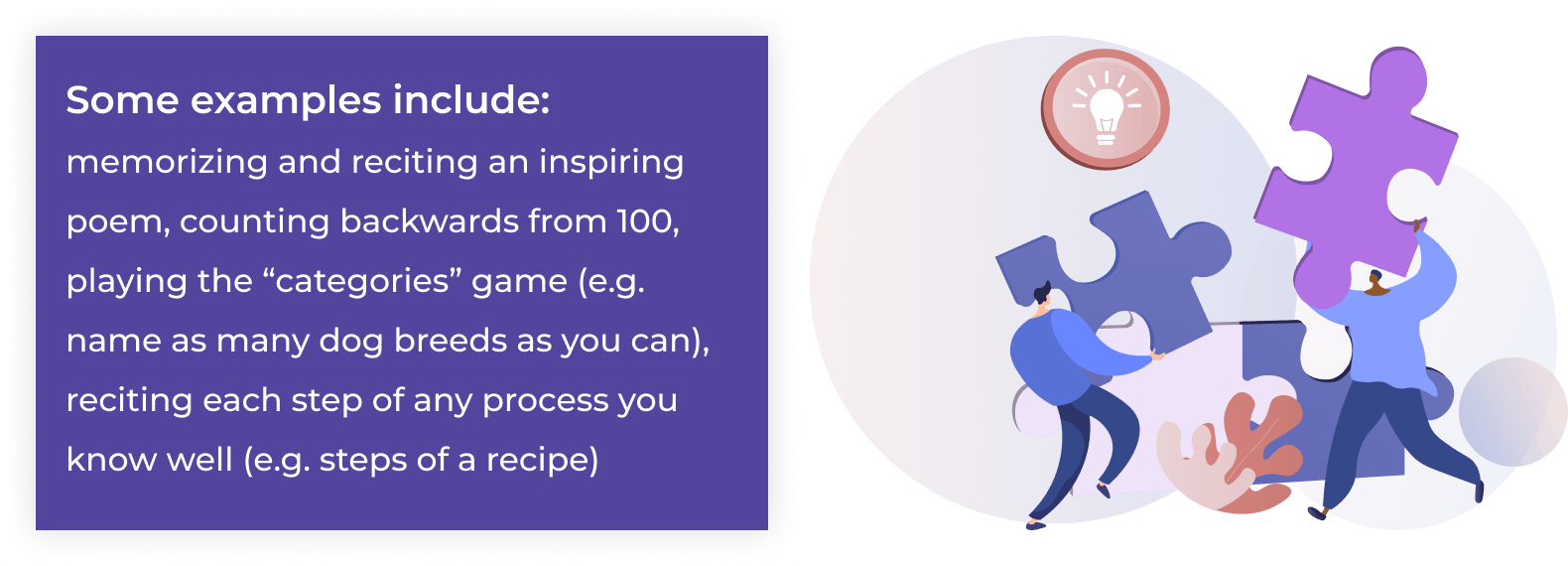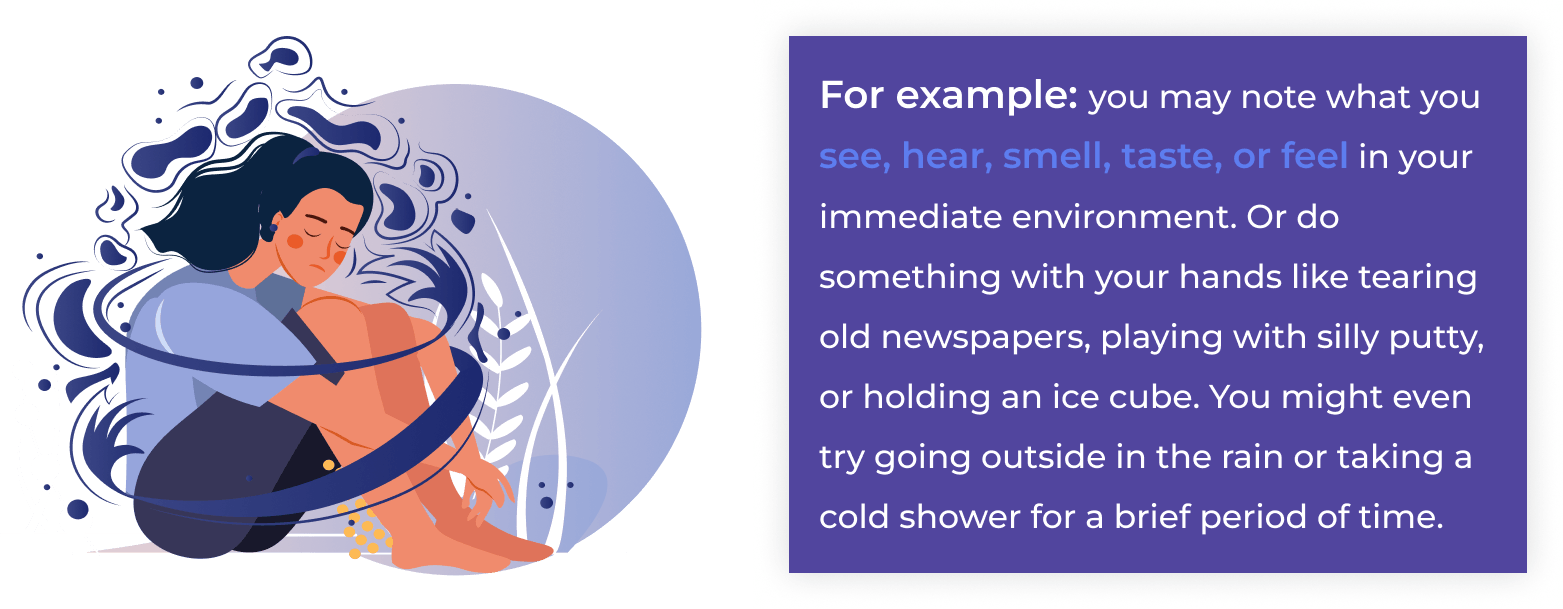DBT Skills: ACCEPTS

You can personalize the DBT Skills: ACCEPTS resource by downloading it HERE, and adding your own responses, or continue to view it below.
Dialectical Behavior Therapy (DBT) gives us many skills to cope with emotions, to problem solve, improve our communication with others, and take action to live our best life. Sometimes, we may be in a crisis and feel overwhelmed to the point that we don’t know what to do. We may resort to self-harm or use substances to feel better in the moment, and then end up feeling worse in the long run. Planning ahead with the acronym ACCEPTS can help us prepare for these challenging situations through brainstorming healthy distractions. Practicing these skills when we aren’t in crisis will help us develop the “muscle memory” for each skill; and keeping our list with us (paper or electronic) will make our skills more easily accessible when we need them. Remember that getting through a crisis can be very challenging, and there’s no “perfect” way to do so.
Activities
- engaging in an activity that we enjoy can help take our mind off the overwhelming experience, allowing it to eventually pass on its own

Reflection:
- What activities do I enjoy, or have I enjoyed in the past?
- What activities bring me a sense of calm, peace, or joy?
- What are some activities that I can do that don’t require much money or resources?
- What physical or mental activities are most accessible to me?
Contributing
- finding ways to contribute to others can take the focus off of our own difficult experience

Reflection:
- Have I done anything in the past to contribute to others that I can do again?
- Where can I look for volunteer opportunities?
- How can I contribute to someone else, even if it’s in a small way?
Comparisons
- thinking of times when we were feeling worse and still got through it, then reminding ourselves that we survived those difficult experiences can provide perspective

Emotions
- becoming aware of the emotions we’re experiencing and labeling them, can take away some of the power they hold over us. Then once we’ve labeled the emotion, we can do something that makes us feel an opposite or different emotion

Reflection:
- What are some of the common emotions that I find challenging?
- What activities create opposite emotions?
Pushing Away
- though DBT encourages us to face our experiences rather than avoid them, sometimes we have to get through a crisis by pushing it out of our mind to prevent harm to ourselves or others

Reflection:
- What might I visualize to temporarily “push away” the experience?
- Think of a peaceful place you’ve been...what do I see, smell, hear, taste, feel?
Thoughts
- placing our thoughts on something else can help take our attention away from the intensity of a crisis

Reflection:
- What can I do to place the focus of my thoughts elsewhere?
- What could I read or recite in a difficult moment?
- What “categories” do I know well and could recite?
- What is a process or task that I know step-by-step?
Sensations
- becoming aware of what a crisis feels like in our bodies can deepen our understanding of it. And when the sensations are too uncomfortable, it can be helpful to shift our awareness to other sensations that are more pleasant or neutral

Reflection:
- What does a crisis feel like in my body?
- Where in my body do I feel more neutral or pleasant sensations?
- What can I see, hear, smell, taste, or feel right now?
- Are there any objects or textures that are pleasing to touch (e.g. a soft blanket, cool water, or grass beneath your feet)?
My ACCEPTS Plan
Use the space provided in the PDF version of this resource to create your own ACCEPTS plan for times of crisis, craving, or when you are just feeling overwhelmed with emotion. Tip: look back on the reflection questions for each letter.
Additional Resources
Call 911 if you’re having a
mental health emergency
Text Home to 741-741 if you're in emotional
distress and need immediate support
Call or text 988 Suicide &
Crisis Lifeline. Chat service
is available at 988lifeline.org.